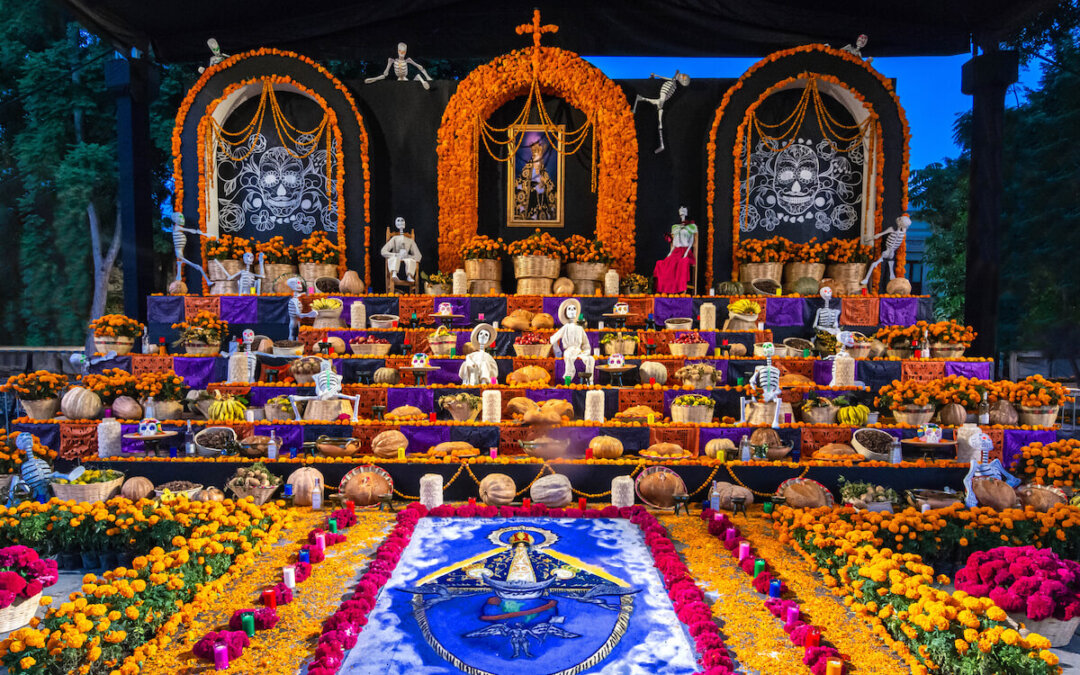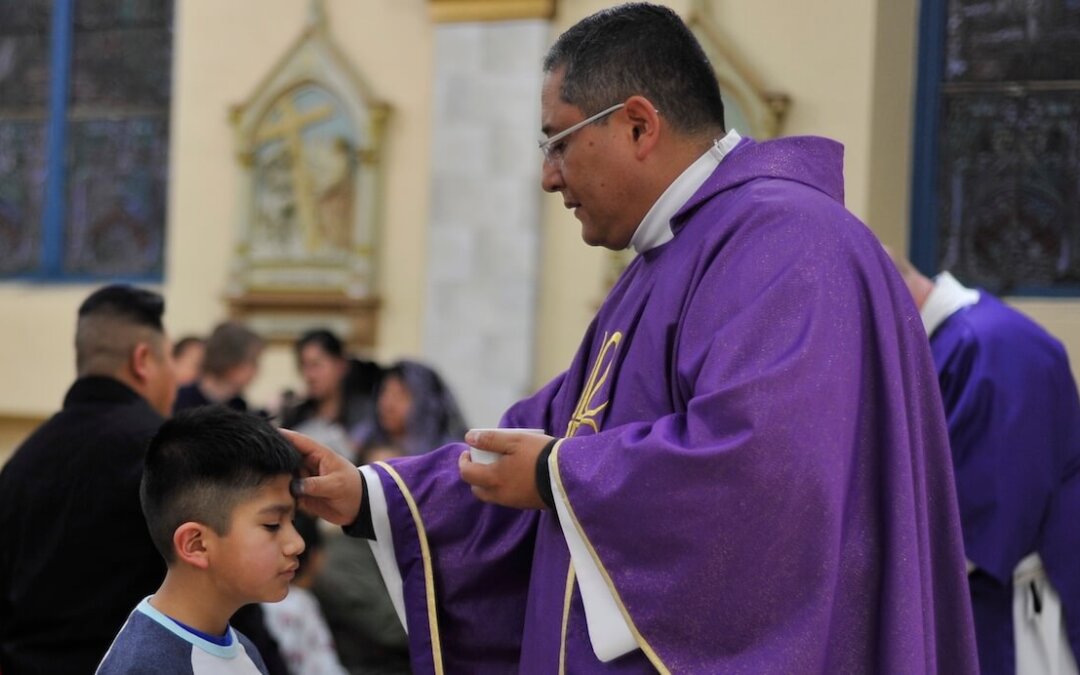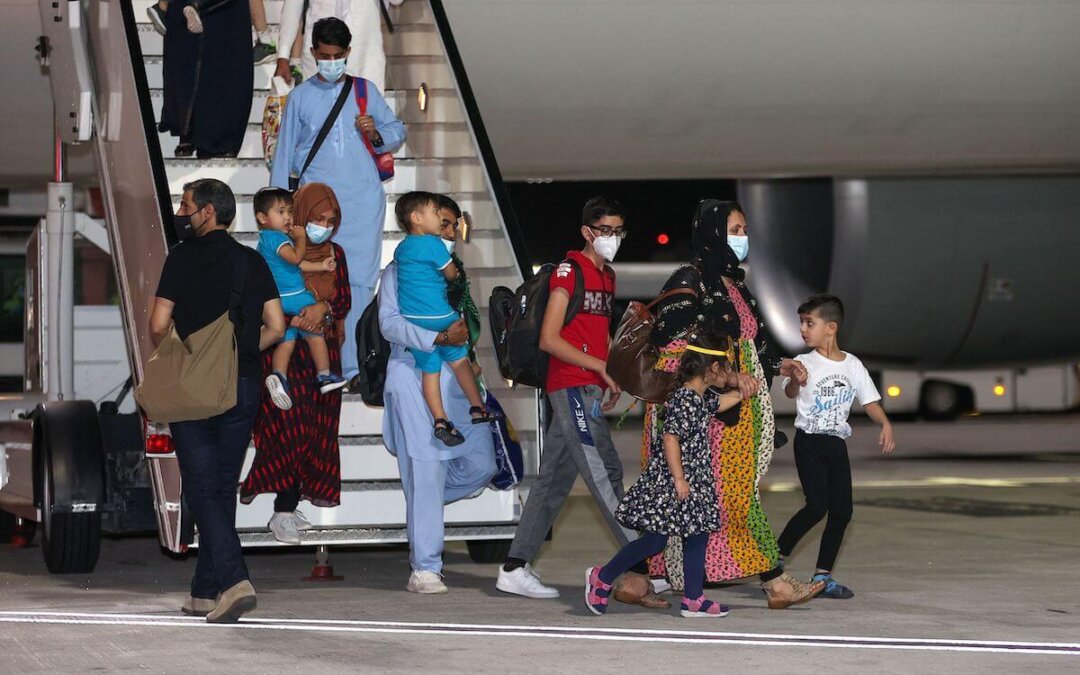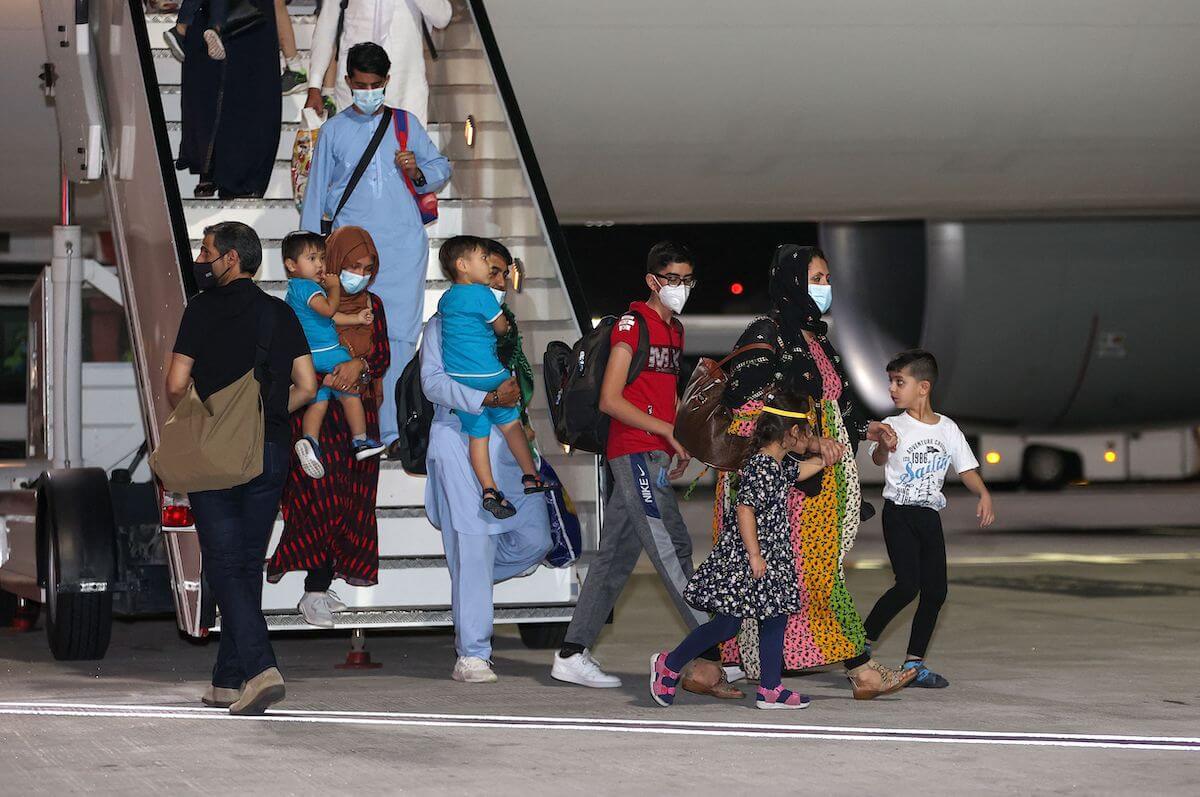
Photo by KARIM JAAFAR/AFP via Getty Images
The US military planes left Afghanistan on Aug. 30 after 20 years, marking the end of the longest war in American history.
It was heart-wrenching to watch the images on TV of thousands of desperate Afghans trying to escape their country. Fortunately, nearly 37,000 Afghan evacuees will resettle in the US as part of the first wave, including nearly 700 here in Iowa.
This announcement made me wonder how difficult it would be to leave everything you know behind: your country, family, customs, and friends in a matter of hours. How do you comprehend that by hopping on an airplane, your life has changed forever?
Although my circumstances were totally different, I know the feeling of starting over.
A little more than 20 years ago, I sold all my belongings, grabbed my 9-year-old daughter, and hopped on an airplane towards a new life in this country. The excitement of our new adventure lasted a couple of months until the realization of how much we left behind set in. Sentiments of emptiness and sadness began to settle, along with the culture shock every immigrant experiences.
[inline-ad id=”1″]
Most people are sympathetic to the Afghan evacuees and have offered help. Many have donated home items, clothes, or money in order to help them settle in our state—people with beautiful hearts trying to do as much as they can for the already traumatized Afghans.
Monetary donations are always welcome, but I do think there are other ways we can help these families feel welcome.
One of the biggest problems with humans is the expectation of people to look and act like us and if they are different, we reject, avoid or judge them. Even if we don’t understand their culture or language, a smile can go a long way. Also, it is important for us to learn about their culture and religion, so we can understand their struggles and their journey.
It is imperative that we educate our kids about the differences in cultures and to accept others with kind hearts. Even when we are not able to communicate with them because of the language barrier, there is one language that trespasses all borders: the language of love and compassion.
[inline-ad id=”2″]
As I go back in time and I remember my feelings from when I moved to the US—and I don’t remember everything—I remember being shocked by the lack of human contact. Latinos are gregarious and back home I was the perfect example of that.
My home was always full. Family, friends, and neighbors showed up at my door unannounced all the time—although sometimes that could get annoying—I was used to that. When I moved here, nobody would knock on my door and even when I met more people, they just won’t visit unannounced.
Another more cultural shock for me was the lack of hugs and kisses; yes, hugs and kisses. Back home, people kiss and hug when they meet, when they arrive, and when they leave. For me, that was normal, but when I tried to do the same here, I was rejected. I missed the constant human contact.
I am not saying that people need to completely change their own personal customs in order to make refugees welcome, but I think that if we approach them with a genuinely kind heart, that might help them feel more at home.
[inline-ad id=”3″]
Many of these evacuees are those who worked with the US military and even when they are well educated, they are going to have to start from zero. We need to understand how big of an asset they are going to be for this country, but this is going to take time.
We also need to understand that many of these evacuees left their family and friends behind in a hostile and dangerous place. They are not only trying to adapt and survive here, but they are also worried about their loved ones back home, so let’s do what we can to make them feel at home.
By Claudia Thrane
10/14/21
[inline-ad id=”0″]
Politics
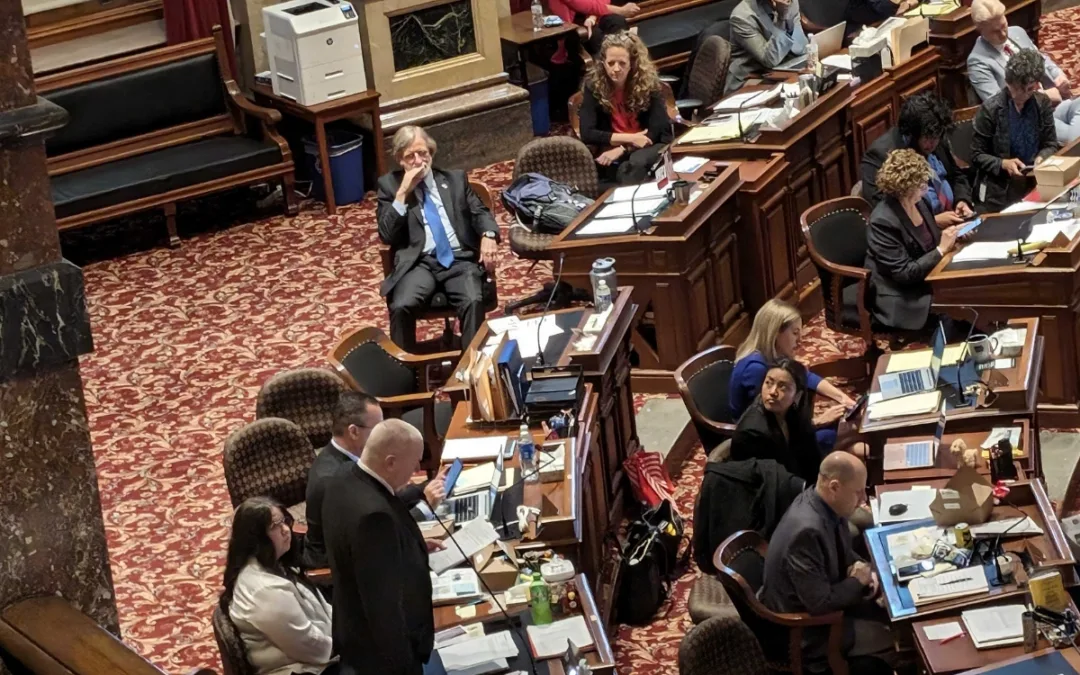
AEAs cutting workers in wake of Republican legislation
Iowa legislators said a new bill cutting money for agencies that help students with disabilities wouldn't affect services. But area education...

He said what? 10 things to know about RFK Jr.
The Kennedy family has long been considered “Democratic royalty.” But Robert F. Kennedy, Jr.—son of Robert F. Kennedy, who was assassinated while...
Local News

No more Kum & Go? New owner Maverik of Utah retiring famous brand
Will Kum & Go have come and gone by next year? One new report claims that's the plan by the store's new owners. The Iowa-based convenience store...

Here’s a recap of the biggest headlines Iowa celebs made In 2023
For these famous Iowans, 2023 was a year of controversy, career highlights, and full-circle moments. Here’s how 2023 went for the following Iowans:...


